A Summer Tradition Millions Still Look Forward To
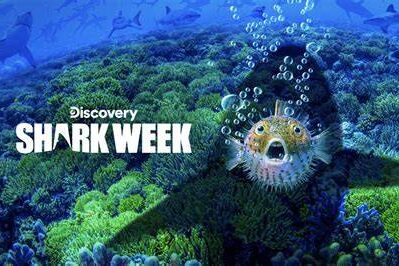
For many families, Shark Week is more than a program. It’s a yearly ritual. With the hum of the AC and popcorn in hand, millions gather to watch the ocean’s most misunderstood creatures in action. Discovery reports it reaches over 20 million viewers annually, a testament to its staying power. There’s comfort in its predictability and nostalgia in its rhythm. Even if some episodes feel familiar, fans still tune in for that yearly thrill. It’s a small tradition that anchors the summer, and for many, that simple feeling is more than enough to keep coming back each July.
But It’s Starting to Feel a Bit Repetitive
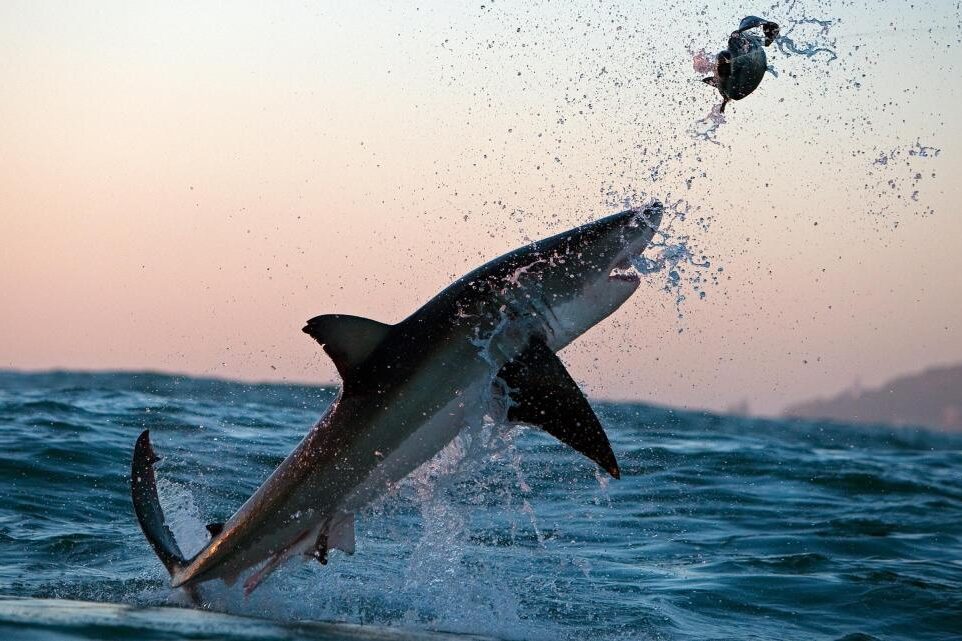
There’s no denying the repetition. After years of watching sharks breach, circle, and stalk, the format feels a bit rinsed. Viewers notice the recycled footage and overused music cues. Marine biologist David Shiffman once said, “There’s just not 20 hours of new shark science to share every year.” That’s fair, but fans are craving more than recycled jaws and splashy edits. The structure hasn’t evolved much, and the stories sometimes blend together. For loyal viewers, the magic dulls when you realize the “new” special looks an awful lot like last year’s. The thrill needs a fresh wave to ride in on.
From Conservation to CGI Chaos
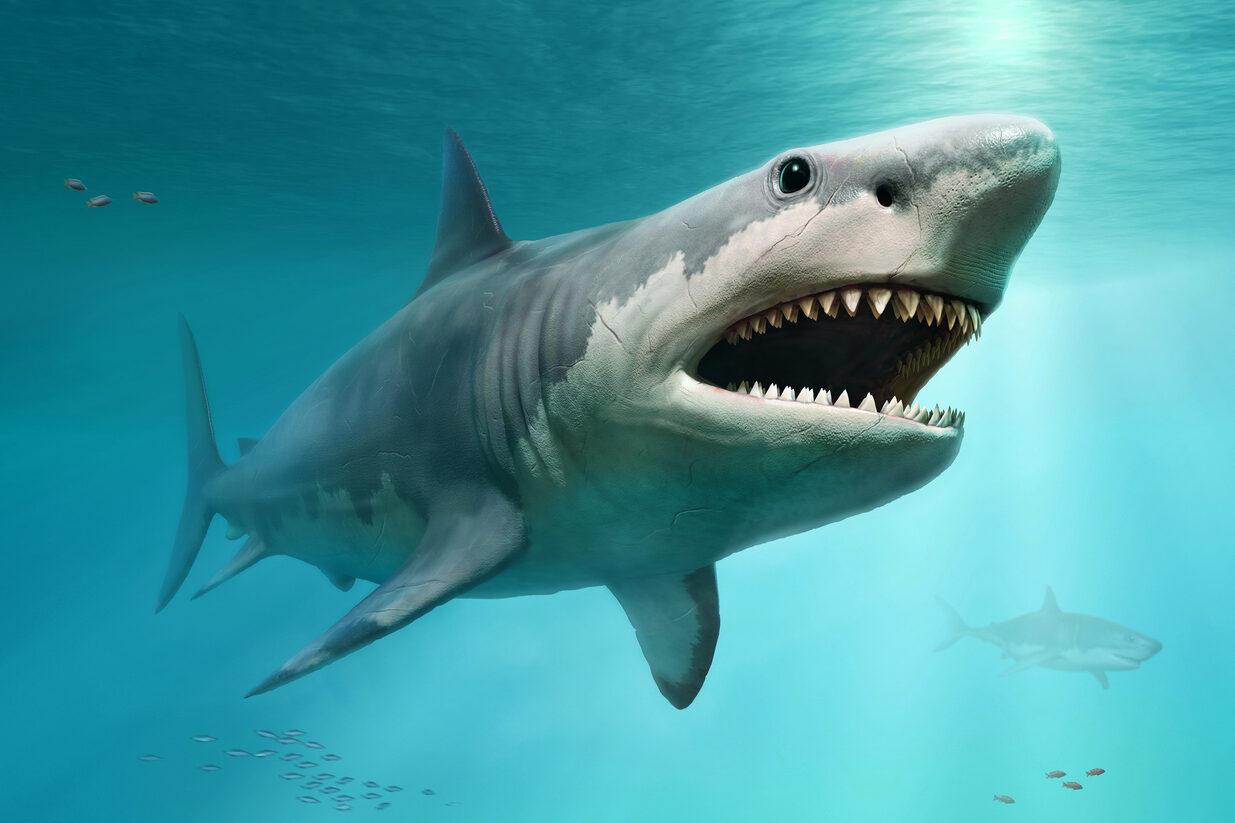
Shark Week used to feel like a documentary. Now, at times, it feels more like a movie trailer. The shift toward computer-generated sharks, dramatized reenactments, and “what-if” showdowns has turned off some fans. The 2013 mockumentary Megalodon: The Monster Shark Lives is a prime example. Discovery later admitted it was fictional, but many viewers felt misled. When imagination overtakes education, the credibility takes a hit. Fans remember when Shark Week focused on real science and conservation. Today, some episodes feel more like Sharknado spinoffs than natural history. It’s a slippery slope between entertainment and exaggeration, and not everyone’s enjoying the slide.
Nostalgia Runs Deep for Longtime Viewers
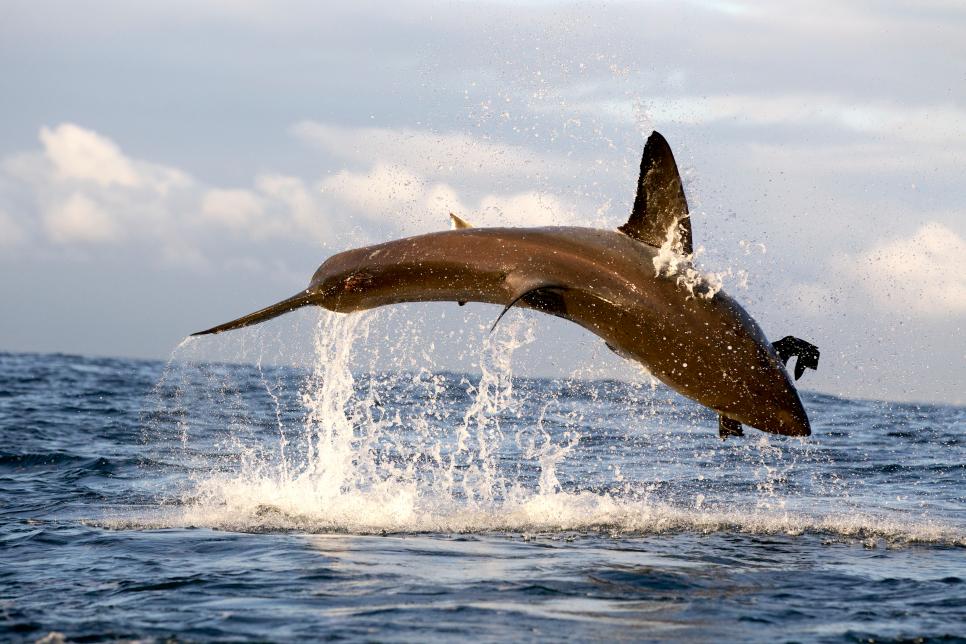
Ask anyone who watched in the early 2000s, and they’ll remember “Air Jaws.” Seeing a great white fly out of the ocean for the first time felt like witnessing magic. It wasn’t just spectacle. It was powerful, visual storytelling. That sense of awe sticks with people. Shark Week used to balance thrill and thought beautifully, giving viewers something both exciting and meaningful. For longtime fans, the current shift in tone can feel like a loss. Still, nostalgia keeps them coming back. It’s not just about sharks. It’s about childhood memories, shared laughs, and a week that brought everyone to the same screen.
New Viewers Might Be Wondering What the Fuss Is

If you’re tuning in for the first time today, you might be puzzled. All the hype, and yet a lot of dramatic music, CGI splashes, and talking heads? Without the context of what Shark Week once was, new viewers might feel a little underwhelmed. A Reddit user commented, “Feels like more drama than discovery these days.” They’re not wrong. Without the wonder or educational backbone of earlier years, it can seem more like themed reality TV than documentary programming. For the uninitiated, Shark Week doesn’t always deliver that wow moment, and that’s a missed opportunity to convert curiosity into lifelong interest.
Inspiring a New Generation or Repeating Old Fears?

Shark Week has the power to ignite young minds. Or it could, if it leaned more into science than scares. When shows repeatedly frame sharks as villains, it shapes perceptions early. Teachers and scientists have voiced concerns. One marine educator shared, “I love sharks, but my students come away scared.” It’s not about avoiding drama. It’s about balance. Sharks are predators, yes, but they’re also vital to ecosystems. The emphasis on teeth and terror can drown out their importance. If we want future marine biologists, Shark Week should spark fascination, not fear. Otherwise, it risks reinforcing myths it once aimed to dispel.
Some Episodes Still Get It Right
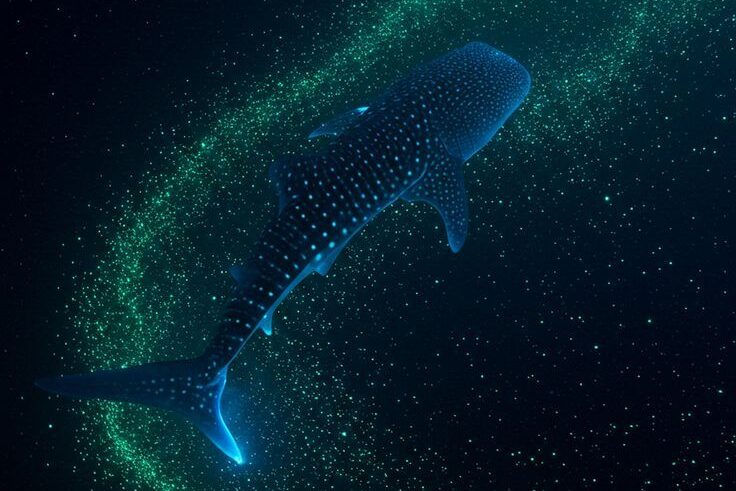
Despite its ups and downs, Shark Week occasionally hits the sweet spot. Programs like Alien Sharks or The Secret Lives of Sharks dive into lesser-known species and behaviors that fascinate without needing gimmicks. One standout moment? The 2021 biofluorescent shark reveal. It was real, glowing science and had viewers glued to their screens. These episodes remind us what Shark Week can be when it blends innovation with wonder. They highlight shark intelligence, migratory secrets, and conservation work that matters. When Shark Week gets it right, it really gets it right. That flicker of brilliance is what loyal fans keep hoping for.
The Rise and Risk of Shark Mockumentaries

Somewhere along the line, Shark Week began dabbling in storytelling that blurred fact and fiction. Enter mockumentaries. Shows like Shark of Darkness and Megalodon Returns drew headlines, but not for the right reasons. Scientists pushed back, saying these specials undermined real research. “It’s misleading and erodes trust,” said shark expert George Burgess. While these episodes might score high on ratings, they leave a lasting dent in credibility. Viewers now approach the content with skepticism, unsure what’s real and what’s showbiz. If the goal is to inform and inspire, these mockumentaries steer the ship off course and not everyone wants to stay onboard.
Still One of the Few Ocean Moments on Mainstream TV
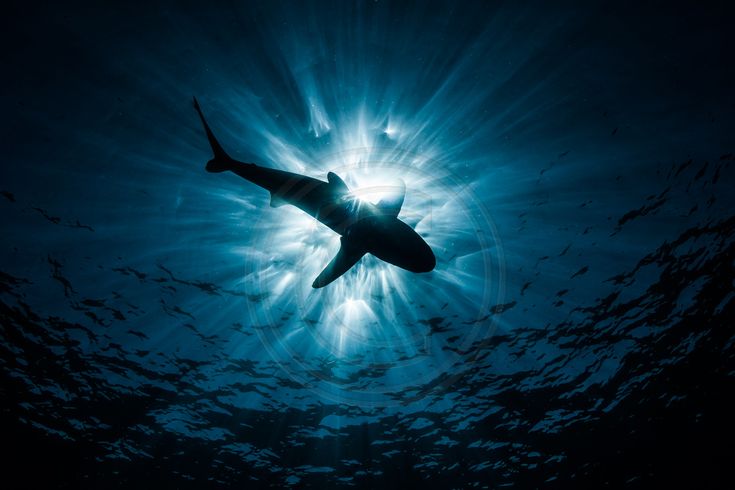
Here’s the truth. There aren’t many primetime TV blocks dedicated to the ocean anymore. In an entertainment landscape crowded with crime docs and celebrity chaos, Shark Week still stands out. It may not always hit the mark, but it gets people thinking about marine life, even briefly. It brings ocean talk to dinner tables, and that’s not nothing. The fact that people still debate its quality proves it matters. Shark Week is one of the last wide-reaching platforms that regularly champions marine biology. In a media world moving faster than ever, maybe its persistence is part of its quiet legacy.
Maybe It’s About the Feeling, Not the Format
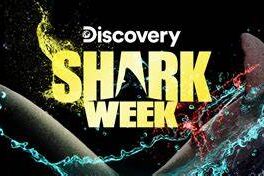
In the end, Shark Week might not be what it once was, but it still matters. Even if some parts feel tired, it gives people something familiar to return to. Like summer itself, it doesn’t need to be groundbreaking to be comforting. It connects generations, sparks conversation, and once in a while still surprises us. Maybe the question isn’t whether it has jumped the shark. Maybe it’s whether it’s still swimming. And clearly, it is. Every July, millions show up hoping for one more glimpse of the ocean’s most misunderstood icons. That feeling is what Shark Week is really all about.
This story Is Shark Week Still Great, Or Has It Jumped the Shark? was first published on Daily FETCH


